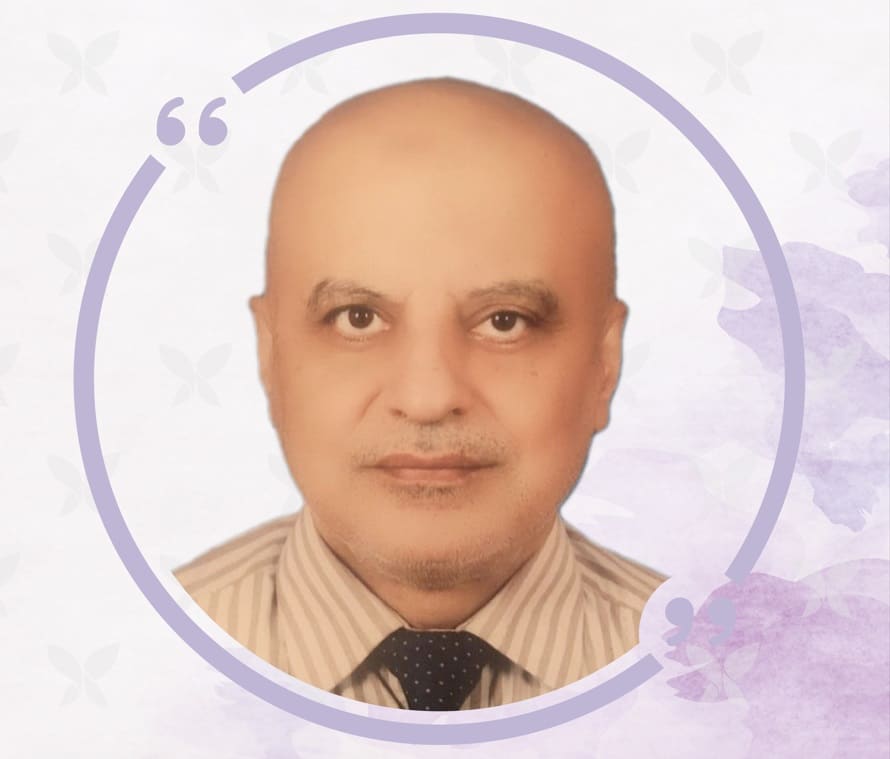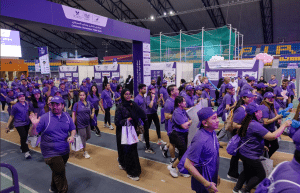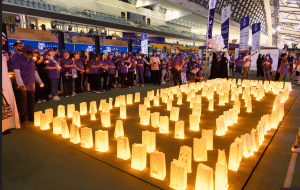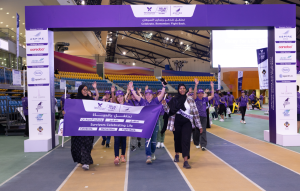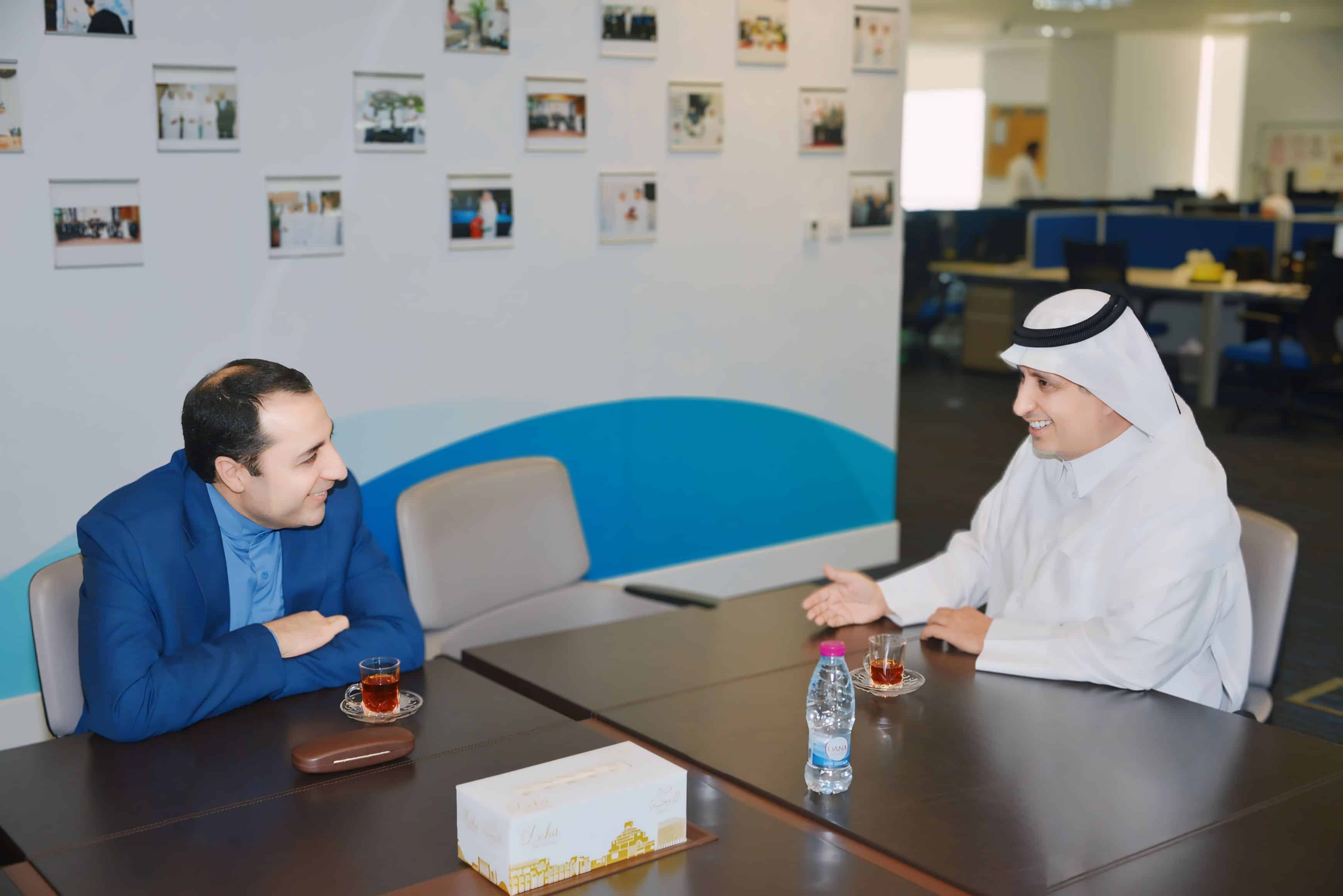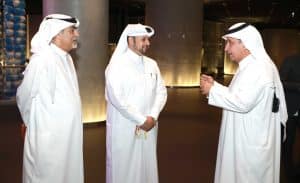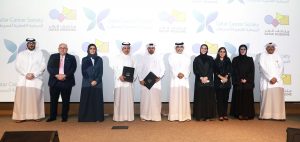My name is Sheikha Al-Mannai, and I am a television and radio presenter. I started my career as a teacher in 1995 and served as a school principal until 2016. After finishing my tenure as the principal of an independent school, I decided to travel abroad for leisure and to find a new passion. Little did I know that this journey would begin another, more challenging journey in my life.
The Initial Discovery of the Tumor
While staying abroad, I noticed a lump on my upper shoulder. At first, I thought it was just a bruise from hitting the swimming pool wall before my trip. However, the lack of any bruising made me concerned and prompted me to conduct a self-examination, a skill I had learned in medical courses I attended in the past. I felt a small, ball-like lump under my skin, but I ignored it, believing it would disappear over time.
The Diagnosis Journey
After four months of the lump’s appearance, I decided to visit an ultrasound specialist upon returning to Qatar. Although the lump had shrunk after taking the medications prescribed by the doctor, it reappeared, increasing my anxiety. I then went to the health center, which referred me to Hamad Hospital. The next day, I received a call from the hospital requesting that I schedule an appointment with an oncology specialist.
Examinations and Tests
The doctor began with a clinical examination and suspected a malignant tumor. He asked about my family’s medical history and whether I had children. After the initial review, I was referred to the surgery department to remove some lymph nodes for testing. It took two weeks to get the test results, and during that time, the days passed slowly and anxiously. When the results came in, it was confirmed that I had stage one breast cancer. I was in shock and cried, not out of fear of the disease, but out of fear for my late mother, knowing how scared and anxious she would have been for me.
Starting Treatment
When I informed my mother of the test results, I noticed the worry on her face. My doctor was a great support, explaining that I needed chemotherapy followed by surgery. He informed me about the stages of treatment and the challenges I might face, such as hair loss and weight loss. Despite the physical and emotional pain, I decided to hold on to hope and faith.
Family Support and Faith
I began chemotherapy at the National Center for Cancer Care and Research. The smell of the treatment caused nausea and made me feel fatigued. My father and my doctor accompanied me to every session, waiting for me throughout the treatment. After each session, they would ask if I wanted to eat, but the treatment made me nauseous, and I had no appetite. I moved in with my parents during the treatment due to the side effects. I received treatment every 21 days.
Psychological and Social Challenges
What hurt me the most was seeing my mother cry when I returned from treatment sessions, as she could smell the treatment mixed with my scent and sensed my mood changes. I requested to be transferred to a hospital in Houston to complete my treatment, so my mother wouldn’t see me in my sick state. My brother accompanied me on my treatment journey, and I always tried to show him my strength so he wouldn’t feel pity for me.
Life in Houston
I considered the time I spent in Houston one of the best periods of my life, despite the challenges of the illness. I did not stay in inpatient housing but in a home away from other patients because I didn’t want to feel pitied. I focused on exercising, swimming, cooking, and keeping myself busy with household chores. I would wake up at ten in the morning and start my day by cleaning the house and doing laundry. These small details meant a lot to me and made me feel a great sense of accomplishment instead of feeling sorry for myself.
New Challenges
One day, I decided to live without wearing a wig, which shocked my brother when he saw me. He cried and left the house, but I told him that I had accepted my condition that it was temporary and that my health would return to normal in nine months. Despite the difficulties, I insisted that my brother and I go out before my treatment sessions to enjoy the weather, knowing that I wouldn’t be able to do anything the day after the treatment.
Lessons Learned
During my treatment, I realized the true meaning of family and the importance of having them by my side. My mother and father would call me several times a day to check on me. Despite my mother’s severe anxiety and deteriorating mental health, I always tried to show her that I was fine. This experience brought me closer to my children and siblings and gave me a chance to re-evaluate my life.
Conclusion
After arriving in the United States, my life changed completely. I became more faithful and consistent in prayer, and reading the Quran. I realized the importance of enjoying simple moments and stepping away from the pressures of daily life. I learned to allocate time for myself to maintain my health and connection with God and to appreciate divine blessings. The experience affected every aspect of my life and made me view things positively.
I went through a difficult experience, but I learned a lot from it. I realized that relying on God gives a person extraordinary strength to face any challenge. I consider my illness a test from God to see my patience and endurance. I became more humble before God’s greatness and more aware of the value of life, health, and family. Praise be to God for everything.






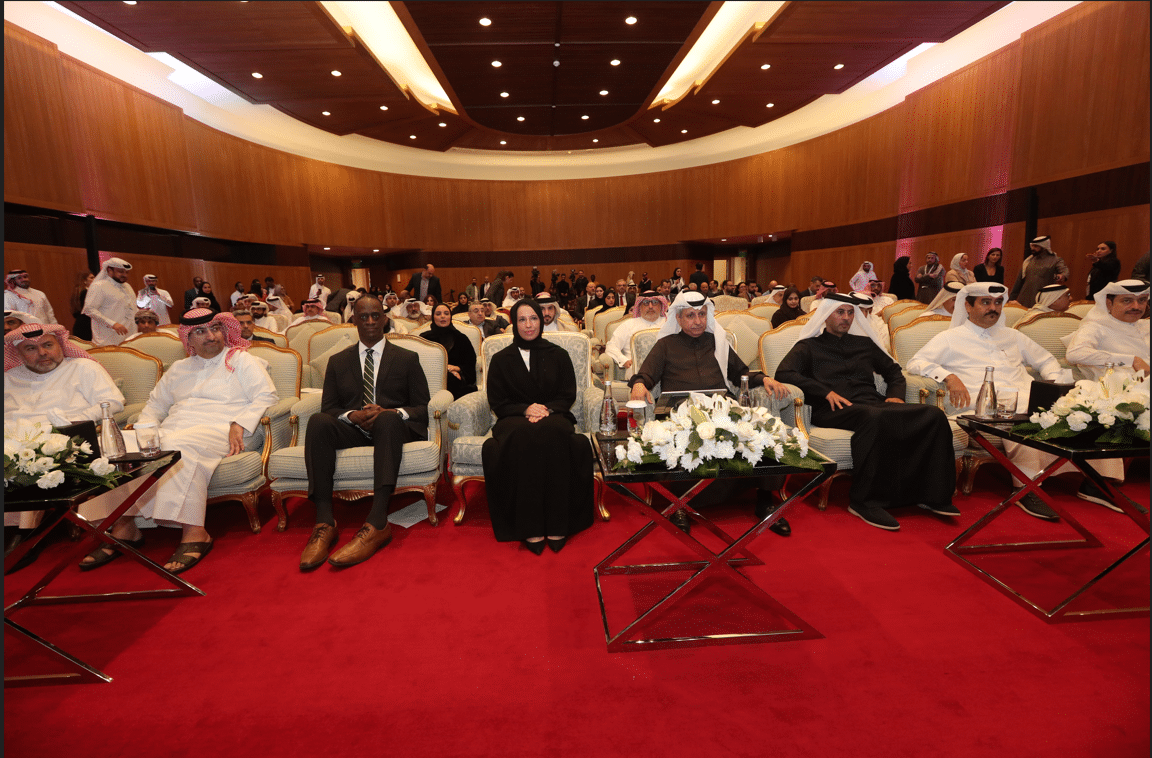
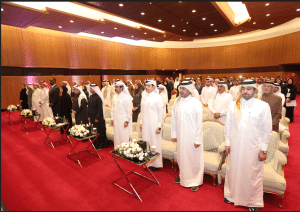 QCS conducted an institutional analysis of the internal and external environment and an assessment of stakeholders’ needs and expectations. It also carried out benchmarking with similar organizations. Based on the results of the institutional analysis, the society developed its vision to be “A cancer-aware community and a better life for those affected” and its mission to be “A non-profit charity that relies on donations and community partnerships in providing the services that seek to raise awareness of cancer and ways to prevent it. As well as the importance of early detection, providing financial and psychosocial support to patients, recovered people and their families, and contributing to professional development and scientific research in the field of cancer.
QCS conducted an institutional analysis of the internal and external environment and an assessment of stakeholders’ needs and expectations. It also carried out benchmarking with similar organizations. Based on the results of the institutional analysis, the society developed its vision to be “A cancer-aware community and a better life for those affected” and its mission to be “A non-profit charity that relies on donations and community partnerships in providing the services that seek to raise awareness of cancer and ways to prevent it. As well as the importance of early detection, providing financial and psychosocial support to patients, recovered people and their families, and contributing to professional development and scientific research in the field of cancer.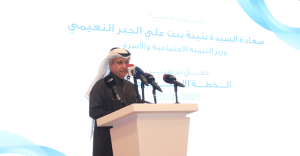
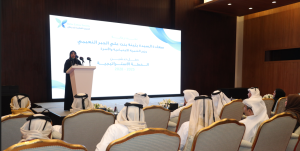 HE continued: “This launch comes at a critical time when public health challenges have increased, and the need to enhance health services and improve care quality for patients and their families, particularly concerning cancer, has become more urgent.”
HE continued: “This launch comes at a critical time when public health challenges have increased, and the need to enhance health services and improve care quality for patients and their families, particularly concerning cancer, has become more urgent.”